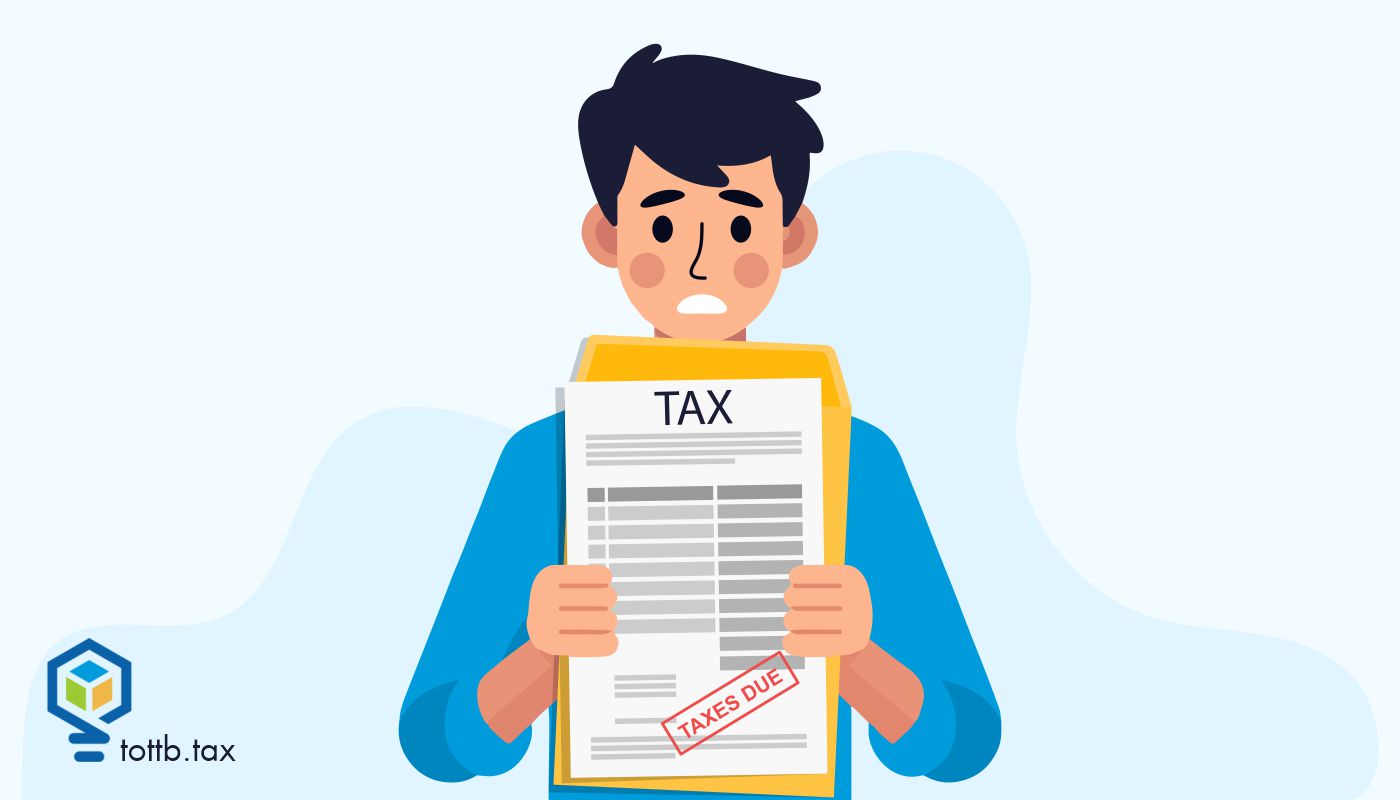Question: What are my ethical responsibilities when I use software to produce a tax plan?
Answer: In the world of taxes, there are many ethical issues that can come into play. One area that involves judgment and expertise is when it comes to interpreting tax codes for various purposes such as taking deductions or understanding how ambiguous language might apply in certain situations – all while trying not to make any mistakes.
Artificial intelligence in accounting software is bringing new ethical challenges for professionals, their clients, and the public at large.
A recent report by Acumen Research found that accounting professionals spent $1.5 billion on such programs in 2021 alone[1]. And according to the same research firm, the use of AI in the accounting and tax industry will likely grow more than 50 percent by the year 2030.
It’s a brave new world out there for accountants, with AI-powered software promising to make our lives easier and more efficient with everything from tax planning to audits and accounting. So why should you be scrutinizing this technology?
The rise in popularity of AI has come at the cost of overlooking its ethical implications. The concerns are not so much based on the idea of robots replacing human workers that could lead toward questionable ethics in the future, but instead based on how artificial intelligence learns.
The fear is that AI will be biased against certain groups, like women or people of color. For example, if an accountancy firm uses automated resume screening systems to decide who gets job interviews, then this could mean those certain backgrounds are more likely than others to get offered interviews without even knowing why the company rejected the application the first time around. Maybe because it has been trained on data that reflects human-created biases?
In the world of taxes, there are many ethical issues. One area where judgment and expertise come into play is when it comes to interpreting tax codes for various purposes such as taking deductions or understanding how ambiguous language might apply in certain situations – all while trying not to make any mistakes.
Take for example, the use of the word, “reasonable.” With 300 different uses for the word “reasonable,” in the U.S. Tax Code, it is difficult to say whether machine learning will protect you from any wrongdoing with this particular term.
In tax planning for example, there is software currently on the market that promises anyone can use it “without prior tax planning experience.” Software programs that purport to give you a tax plan without any prior experience can easily lead people into trouble.
If the software generates tax plans based on what its user believed was correct (however incorrectly), then this will not be defensible because there are many factors involved with transactions, contracts, amounts for things like salaries and fair market value.
While it is possible to follow a “boilerplate” tax plan, it would be difficult at best to defend your tax positions if and when the IRS audits. And unfortunately, “the software told me I could do it,” is not an allowable defense[2]. At this point, there is just no computer replacement for human judgment.
In sampling some of the applications available in the marketplace, one can see how easy or difficult it is to defend your legal position if you rely on just the software for advice. Take, for example, the simple tax strategy of hiring your children to work in the business. Three out of four tax planning applications sampled all used the standard deduction rate as the recommended wage for the business owner’s kids.
Employers generally can deduct employee pay as a business expense if the pay meets the following requirements:
- It is an ordinary and necessary expense[3].
- It is paid or incurred during the tax year.
- It is reasonable as defined by the IRS.
- It is given in exchange for services performed for your business.
Simply assigning the wage equal to the standard deduction to eliminate any income tax for the child employee won’t satisfy the authorities’ inquiries. You must satisfy each one of the above elements of the law to justify the tax deduction[4].
For example, the IRS doesn’t just consider business expenses to be “ordinary.” There is actually a set of criteria you must meet for your expense(s) and/or loss, if any exist, to qualify as tax deductible.
These requirements include whether or not an item was necessary for conducting the majority of your work activities. This would mean things like was the work necessary for the business to generate income or how did the children’s work improve the functionality or profitability of the business, how closely related it is with what brings income through sales-generating activity rather than non-income generating ventures, i.e., “nice-to-haves instead of “must-haves.”[5]
In addition to being ordinary and necessary as defined by the IRS, the child’s wages must be paid or incurred during the tax year. This requires the application of methods of accounting and selections of an allowable tax year. Is software addressing these types of issues?
Next, the employee pay must be “reasonable.” Employee pay is reasonable if a similar business would pay the same amount for the same or similar services.
This is a term that is subject to many differing regulations by various agencies and organizations over time but what does it mean in today’s society? If an individual receives more than other similar businesses would pay for their services, then they may not be deductible from taxes.
The complexity in use of judgment deepens when your child is also a shareholder of your corporation and receives unreasonably high compensation. The excess pay may be a dividend for tax purposes. Because dividends are not a business expense, the corporation would be ineligible to deduct this excess portion of the employee compensation.[6] In addition, if the child is a minor, there may be “kiddie tax” imposed on the amount deemed as dividends taxed at the parents’ highest rate. Again I ask, is software addressing these types of issues?
What is the definition of services? What work does the business do? You need to provide the details of the service and should delineate it in exact terms. Vagueness opens up the possibility for disputes with the IRS, and keep in mind the taxpayer has the burden of proving entries, deductions, and statements made on tax returns. You must prove (substantiate) certain elements of expenses to deduct them. This proof needs to be in addition to your verbal testimony about the transactions, otherwise the IRS has the authority to disregard your transaction as a sham.
While disappointing to some planners looking to automate their work, the ethical issues in using tax planning software are actually good news for certified tax planners. While it may take effort and practice to build your expertise, it is that very expertise that provides the value for which you can base your pricing. After all, if a computer could do it, would taxpayers really need us?
To learn more about developing your own expertise and how best to use tax planning software to support it, visit www.CertifiedTaxPlanners.com.
[1] “The Global Artificial Intelligence in Accounting Market size accounted for USD 1,511 million in 2021 and is estimated to reach USD 53,893 million by 2030.” Acumen Research, https://www.acumenresearchandconsulting.com/artificial-intelligence-in-accounting-market, accessed September 27, 2022.
[2] Bulakites, Barry Leonard v. Commissioner May 11, 2017.
[3] Internal Revenue Code § 162(a).
[4] Reg. §1.162-7.
[5] Welch v. Helvering, 290 U.S. 111 (1933).
[6] Menard, Inc. u. Comm’r, 560 F.3d 620 (7th Cir. 2009), revg. T.C. Memo. 2004-207.











